Autograph's popular online course PILOT (Platform for Independent Learning Online Together) will be running for a second year. Based on collaborative learning and working together through issues of rights, care and future, this course and platform offers exchange, mentoring and development for artists in times of uncertainty.
The spaces of cultural, social and political upheavals opened up in 2020 have morphed into a ‘long now’, for which the meaning of ‘being in present’ continues to extend its challenges and potentials, leaving our questions still unsettled, though informed by the richness of the first iteration of this course.
How are we dealing with experiences of exclusion, marginalisation and precariousness? How can we imagine new structures and futures for being together, learning and making? If not now, when?
Artists and creative practitioners at any stage of their career, or level of experience, are invited to express interest.
Read this conversation between the creators of PILOT, reflecting on the first year of the course, and why alternative platforms for arts education are urgent now.
The course will run over 12 weeks (28 hours total) and include talks from invited speakers, one-to-one mentoring, group presentations and discussion. Participants will be encouraged to respond creatively to the themes of rights, care and future, sharing their ideas and practices. PILOT will culminate in a public online sharing with a dedicated website.
PILOT aims to open a space of agency and hope. To find energy rather than despair, to diminish distance in times of social distancing, and a common space to flourish.
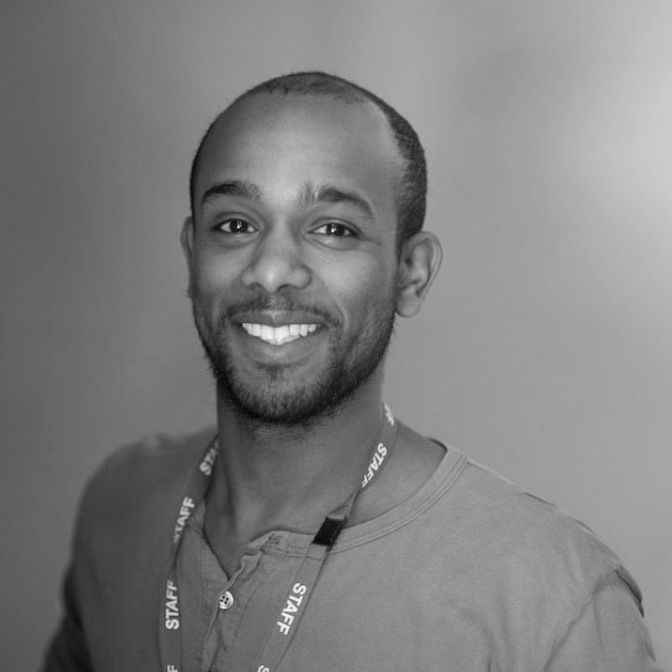
is a London-based artist and educator. He manages the Learning & Participation programme at Autograph, leading engagement projects exploring representation, identity and human rights for diverse groups including children and young people, students and community groups.
Ali is a Lecturer in Fine Art at Goldsmiths, University of London, and graduated from Goldsmiths with an MA in Visual Sociology in 2013 and a BA in Fine Art Practice in 2010. He is one half of Lloyd Corporation, a collaborative project with artist Sebastian Lloyd Rees, exhibiting nationally and internationally working in sculpture, installation, performance and text.
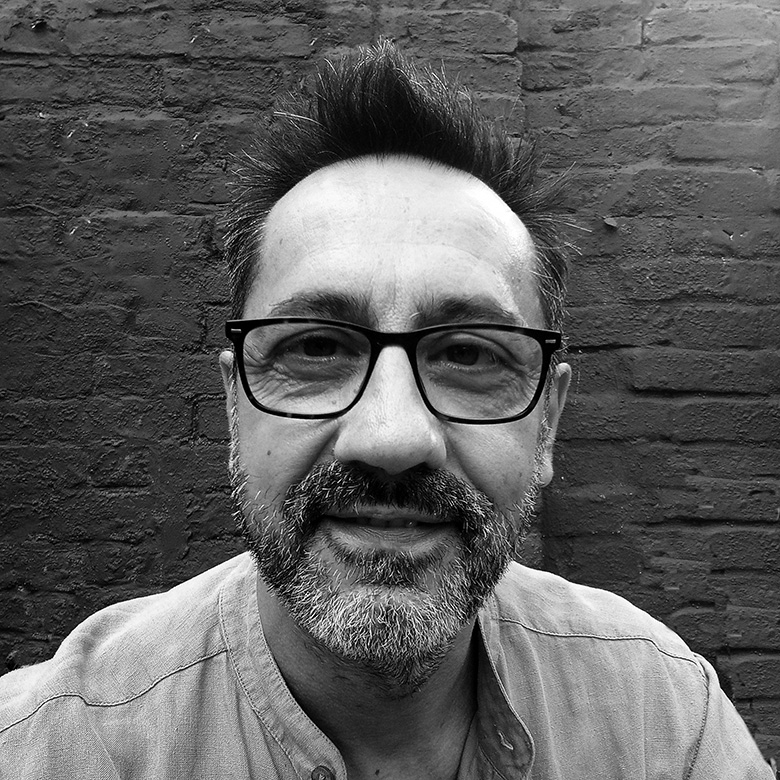
is an artist, university lecturer and independent researcher whose work is situated between art, urbanism and social practice. He is a Lecturer at Middlesex University and runs the BA/MA Fine Art and Social Practice with Loraine Leeson. He has published papers, articles and artworks in books and journals, as well as publishing his own photographic books.
In 2016 he was the Leverhulme Trust artist in residence at University of East London UEL with the project Music for Masterplanning in Anna Minton’s MRes Course 'Reading the Neoliberal City'. Most recently, he has delivered Talking Ghosts: a collaborative hoarding novella a workshop in which participants write together whole scripts for new development hoardings in London.
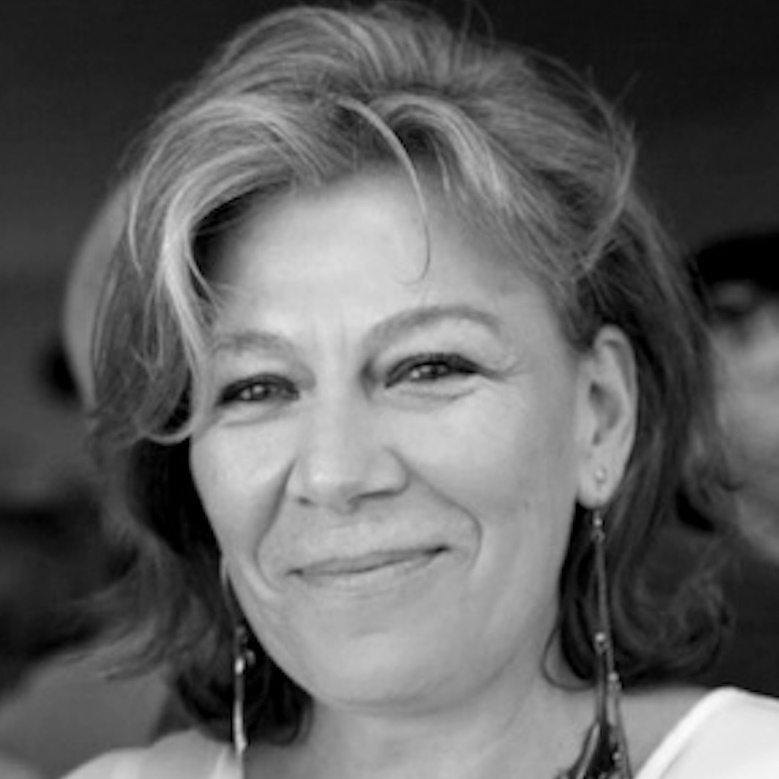
is a visual artist, co-founder and director of Project Art Works. Project Art Works explores and promotes new practical and philosophical approaches to the meaningful involvement of people who have complex needs in visual art activity that finds its way into mainstream programming and is of exceptional quality in its concept, aesthetic and production.
She has initiated many responsive, collaborative projects with artists, galleries, psychologists, children and adults who have severe neurological impairment and their families. Kate’s experience as a parent activist and the mother of a man with complex needs is central to the organisation’s responsive and informed approach. It requires a high degree of knowledge and sensitivity to the ethical issues arising from the inclusion of people who cannot knowingly consent to their involvement in art and culture.
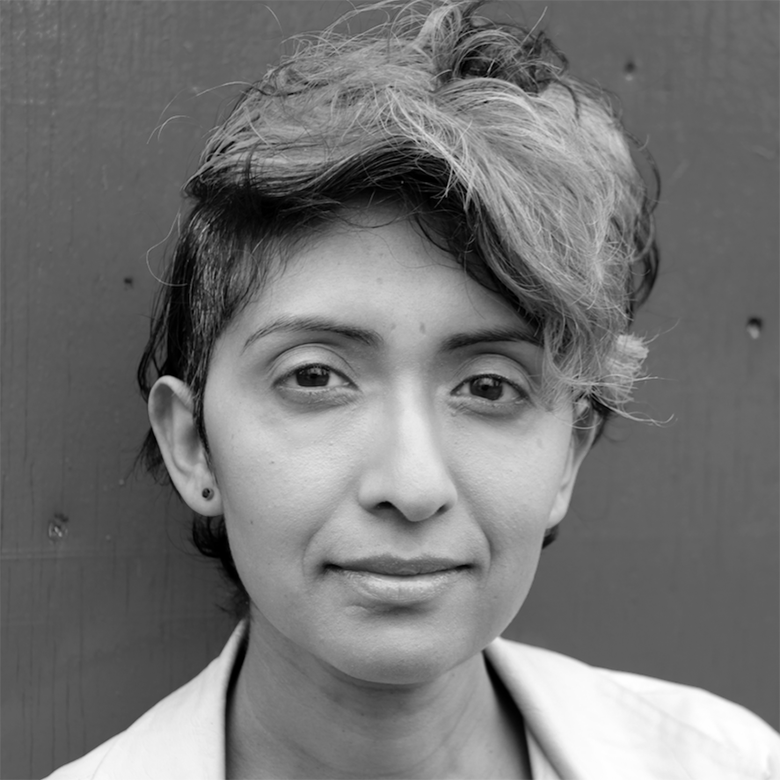
is an artist working in moving image, often in dialogue with film history, particularly 20th Century Hollywood and British studio films. Through an interrogation of cinema and its artifice, she recasts characters as fictional activists, proposing critical alternatives to colonial and imperialist storytelling in early 20th-century British and Hollywood studio films.
Her work has featured in BFI FLARE LGBTQ+ Film Festival (2017) and BFI’s LFF Experimenta programme (2018) and is in the Arts Council Collection, featuring in Women, Power, Protest at BMAG, Birmingham, As Seen on Screen Walker Art Gallery, Liverpool and Go On Being So Newlyn Art Gallery & The Exchange, Penzance. Williams Gamaker is joint-winner of Film London’s Jarman Award 2020, with the films touring to LUX Scotland, Nottingham Contemporary, g39, Spike Island, Towner Eastbourne, Whitechapel Gallery and AEMI. She recently completed The Silver Wave commission for RAMM, Exeter and is recipient of the Stuart Croft Moving Image Award 2020 for The Bang Straws (2021). This year she is undertaking a Decolonising the Archive Research Residency developed by UAL Decolonising Arts Institute.
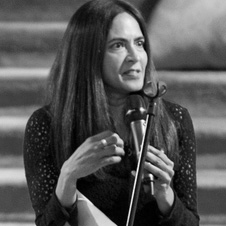
is a Professor in Social Justice (Centre for Public Policy Research) at Kings College, London. She has an expertise in critical race and disability studies, health and social care, migration, feminist theory and in qualitative and participatory research methods. Yasmin’s publications include Researching Race and Ethnicity: methods, knowledge and power (2003, Sage), Death and the Migrant (2013, Bloomsbury Academic) and the co-authored book Go Home? The Politics of Immigration Controversies (2017, Manchester University Press). She tweets @YasminGun
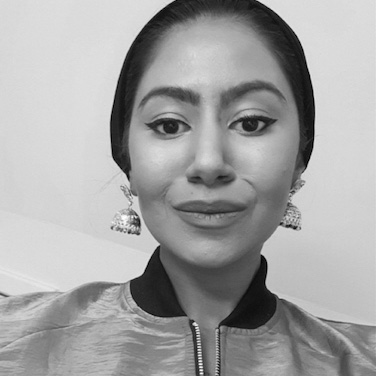
(she/her) is the Executive Director and Co-founder Healing Justice Ldn. Her practice works on building community health, repair and self-transformation rooted in disability justice, survivor work and trauma-informed practice working with communities of colour and other marginalised and underrepresented groups. Farzana has over 10 years of background in Youth and Community work particularly focused on arts-based education projects both in the UK and internationally. Farzana is the former creative and strategic director at Voices that Shake, bringing together young people, artists and campaigners to develop creative responses to social injustice. She ran this working at Platform London, a climate and social justice organisation working across arts, education, research and activism.
Farzana is a Fellow at the International Curatorial Forum. Farzana’s recent practice/art includes launching the Black Cultural Black Activism Map with the Stuart Hall Foundation and All Water Has Perfect Memory, writing on climate and gender justice and generational trauma & memory. Farzana is Artist in Residence at Phytology, working on her latest [T-DNR] Titrate-Do Not Resuscitate: A Methodology in Living and Dying at the Same Time.
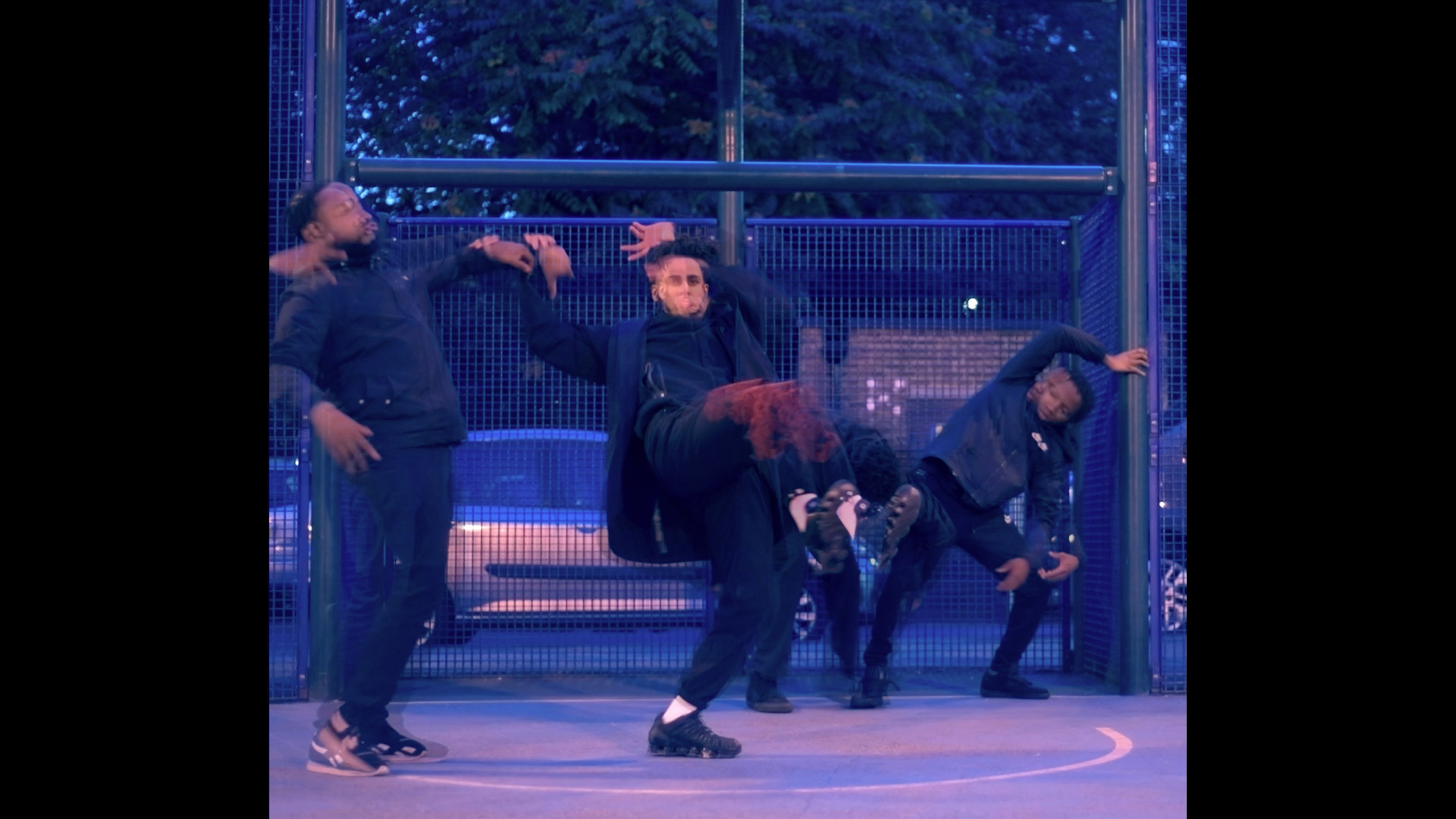
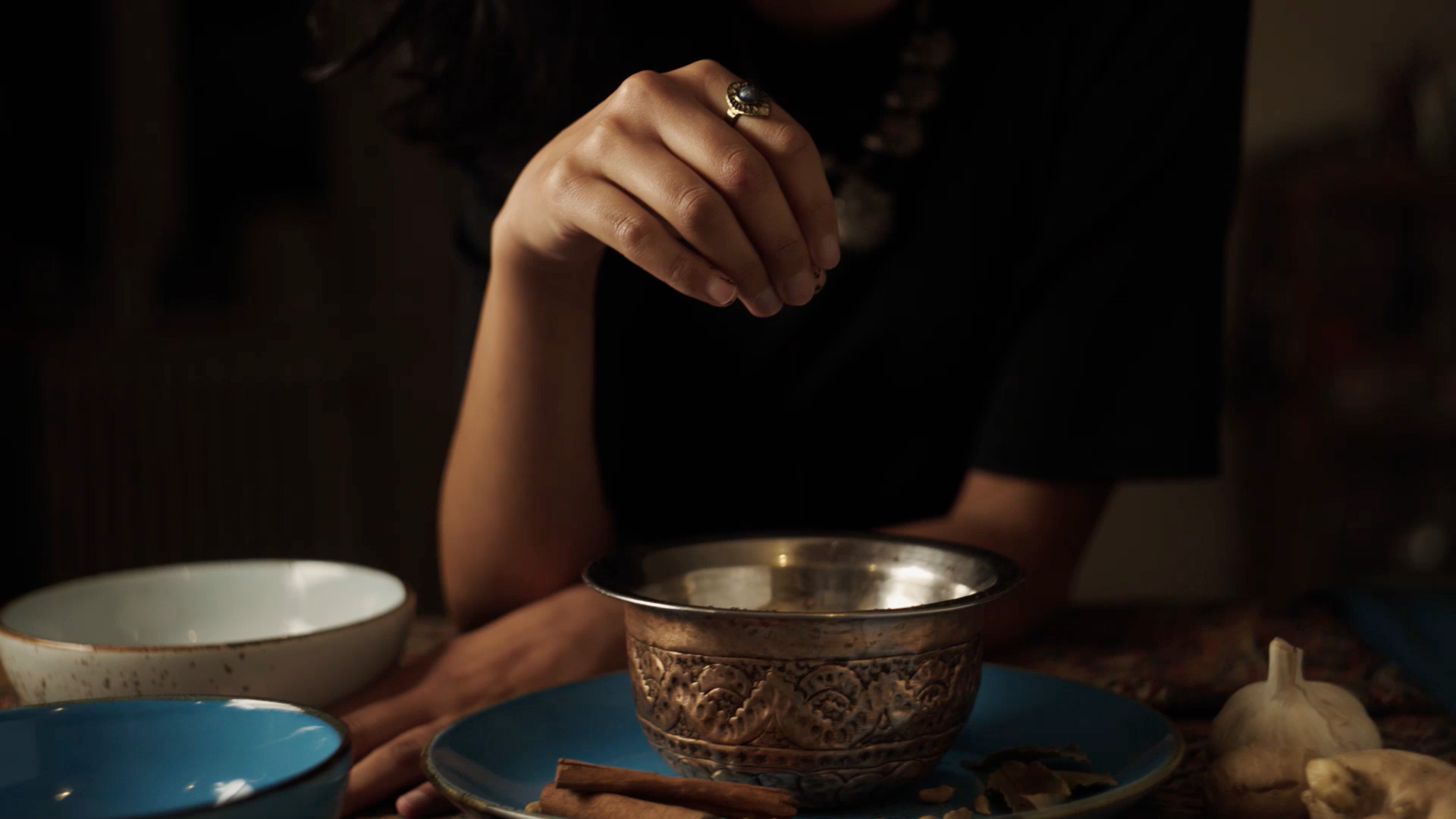
What do you mean by artists and practitioners?
We use the words ‘artist’ and ‘practitioner’ as broad terms to include anyone who wishes to develop their creative practice, to return to it after some time or renew their belief into wanting to be one. The ethos of PILOT is to be open and inclusive for a diverse range of creative practitioners. If you have any queries about whether this course would be suitable for you please contact Ali Eisa at ali@autograph-abp.co.uk
How will the course be taught?
This is a live online course and we will be using Zoom.
What you will need is:
• A reliable internet connection
• To download the Zoom application
• A computer with microphone and camera is best (e.g. a PC / laptop / iMac / MacBook), or a tablet / iPad if you don't have a computer
• Earphones / headphones / speakers
What do the different sessions involve?
PILOT has 3 modes of delivery:
1) Talks are delivered by invited speakers and course leaders to inform the three course themes with examples of leading practice, prompts, readings and essential references.
2) Tutorials are one-to-one sessions with course leaders lasting 45 minutes. These are mentoring opportunities for participants to discuss their creative responses and receive feedback as the course progresses.
3) Sharing sessions involve participants presenting their work / research / ideas to the wider group for feedback and discussion.
What do you mean by creative response?
We encourage participants to make 'creative responses' throughout the course. Because PILOT invites the widest range of practitioners, we are completely open towards what these creative responses might be. These are not limited to any specific medium or art form. They can be drawn from your existing practice or projects or your own challenges to them. Or they can be entirely new things you are making directly informed by PILOT’s sessions and themes.
Is PILOT an accredited course?
No. PILOT is not an accredited course but the course will offer its participants:
• Our dedicated attention and personal advice for your practice development through mentoring
• All recordings of talks by invited speakers and our sharing sessions
• A shared resource with relevant texts, media and teaching materials presented throughout the course
• Public exposure for your practice through the PILOT website and Autograph's channels
• An awareness and positioning of your practice within the context of cultural production
• An opening into a new commonality with your peers
Have any more questions? We’d love to hear from you, email Ali Eisa at ali@autograph-abp.co.uk
Course tutors Ali Eisa and Alberto Duman reflect on building an alternative arts course in a pandemic
ReadCan you spare a few moments? Autograph is carrying out a survey to better understand who our digital audiences are. The survey should take no longer than five minutes to complete. Anything you tell us will be kept confidential, is anonymous and will only be used for research purposes.
The information you provide will be held by Autograph and The Audience Agency, who are running the survey on our behalf. In compliance with GDPR, your data will be stored securely and will only be used for the purposes it was given.
You can take the survey here. Thank you!
With special thanks to Jane Trowell, art educator, researcher and member of platformlondon.org


Banner image: Alberto Duman, Tottenham, London, 2021
Page images: 1) Alberto Duman, Future Now in a While, 2020. 2) Ali Eisa 3) Alberto Duman 4) Kate Adams 5) Michelle Williams Gamaker 6) Yasmin Gunaratnum 7) Farzana Khan 8) Henrique Paris, Confluencia [still], 2020. 9) Hussina Raja, Look at Us [still], 2020.10) Anna McIntyre, Digital Collage Featuring Portraits by Chris Miller [detail], 2021 11) Black Lives Matter Protest, Parliament Square, Saturday 6th June 2020, Ali Eisa. 12) Audio work artwork by photographer Clara Lorenzo 13)Anna McIntyre, Digital Collage Featuring Portraits by Chris Miller [detail], 2021
Autograph is a space to see things differently. Since 1988, we have championed photography that explores issues of race, identity, representation, human rights and social justice, sharing how photographs reflect lived experiences and shape our understanding of ourselves and others.